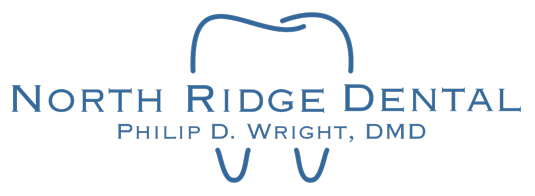
What Are the Key Signs of TMJ Disorder in Raleigh?
As a top dentist in Raleigh, I frequently encounter patients struggling with temporomandibular joint (TMJ) disorder, a condition that affects many individuals in ways they often don’t expect.
What is TMJ?
The temporomandibular joint connects your jawbone to your skull, facilitating essential movements for speaking, chewing, and yawning. When this joint becomes dysfunctional, it can significantly impact your daily comfort and quality of life.
What are the Main TMJ Symptoms?
TMJ disorder manifests through several distinctive signs. Patients typically experience ongoing jaw pain, limited jaw movement, and clicking or popping sounds when moving their jaw. Related symptoms often include recurring headaches, neck and shoulder pain, and possible teeth grinding, particularly during sleep.
- Jaw Pain: Varies from mild tenderness to intense discomfort
- Movement Limitations: Trouble completely opening or closing the mouth
- Referred Pain: Discomfort that spreads to the neck, shoulders, and ears
Diagnostic Approach
Our professional evaluation includes a thorough oral examination, careful assessment of jaw mobility, and possible diagnostic imaging. We perform a detailed analysis of symptoms to understand the specific characteristics of each patient’s condition.
What Causes TMJ?
TMJ disorder can develop from various factors, including:
- Traumatic jaw injuries
- Dental misalignment
- Arthritic conditions
- Chronic stress and muscle tension
Treatment Strategies
Our approach emphasizes individualized, comprehensive care. Treatment options include custom-fitted mouthguards, specific physical therapy exercises, appropriate pain management medications, and effective stress reduction techniques. For complex cases, surgical options may be considered.
Professional Commitment
Timely intervention is essential. By addressing TMJ symptoms promptly, we can prevent potential long-term complications and help restore your comfort and overall quality of life.

